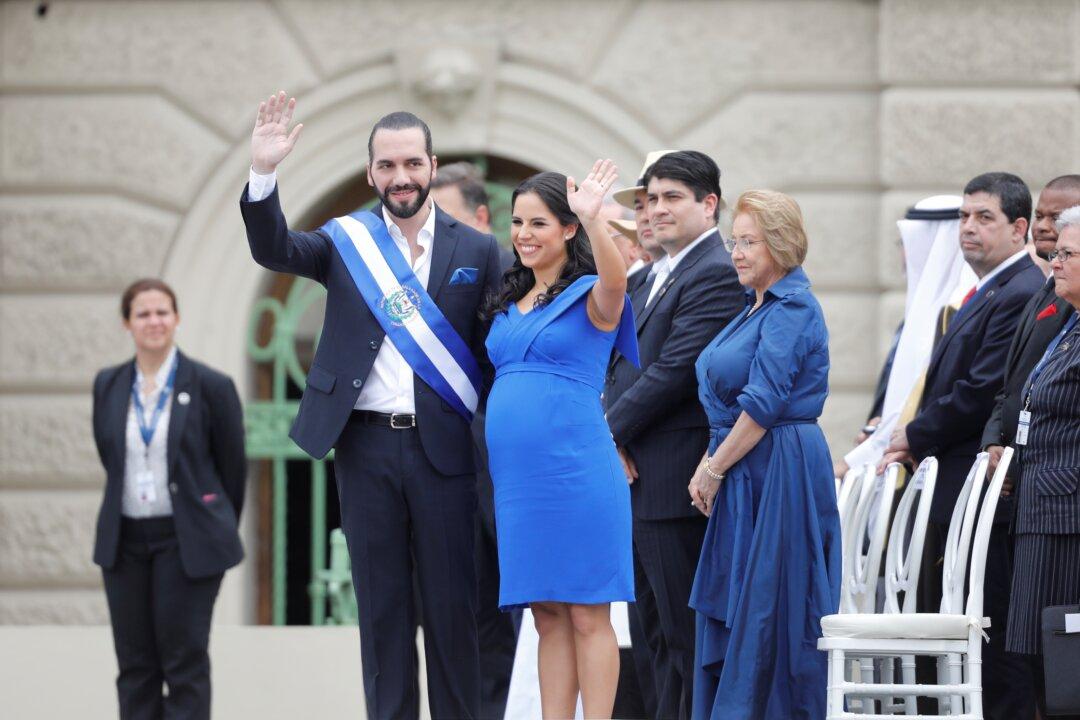SAN SALVADOR—El Salvador’s new president, Nayib Bukele, took office on Saturday pledging to cure the Central American country that he described as a “sick child” following years of violence and emigration that has strained relations with the United States.
The 37-year-old former mayor of San Salvador, who won more votes than all other candidates in the February presidential election, brought an end to a two-party system that has held sway over the country for three decades.





